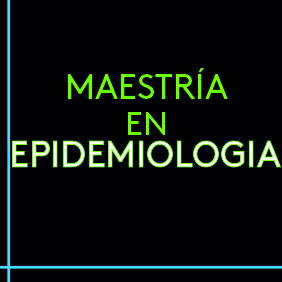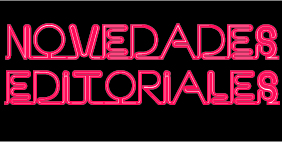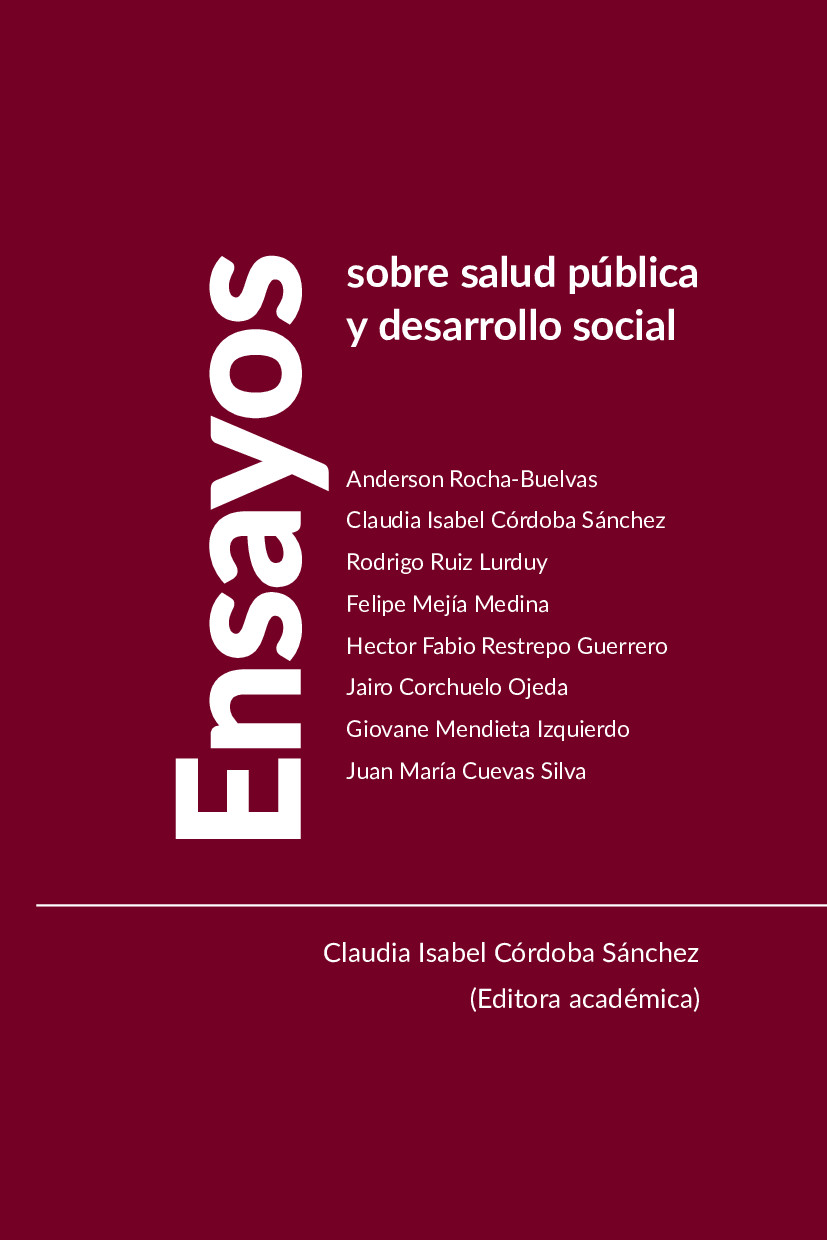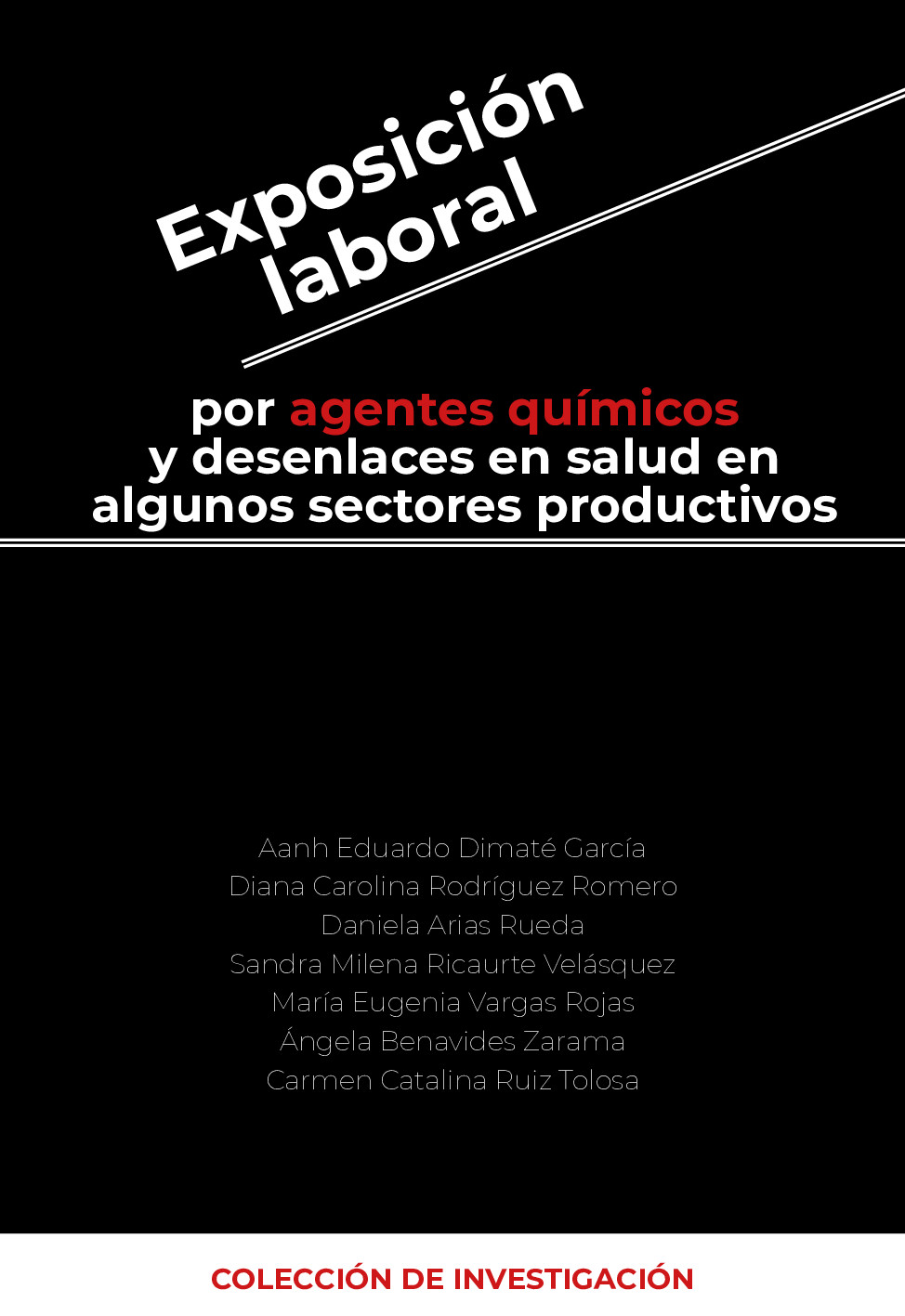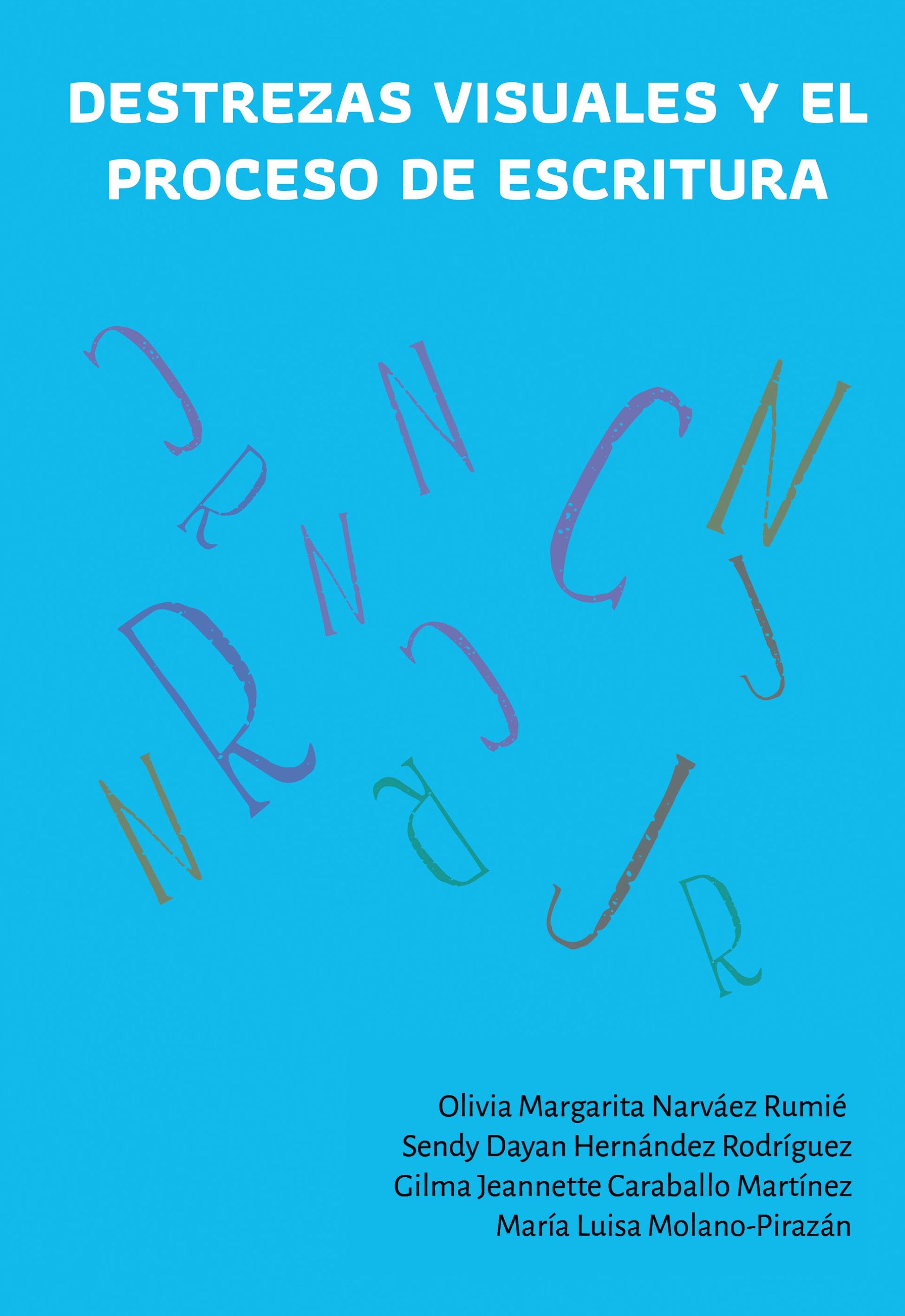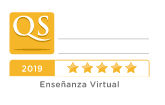Abstract
El desarrollo de actividades tanatopráxicas exige para las instituciones y los funcionarios que las ejecutan, el cumplimiento de normas universales que proporcionan seguridad frente al riesgo. En Colombia el decreto 2676 de 2000, brinda el soporte jurídico para la aplicación y vigilancia de dichas normas. En este estudio realizado durante el último trimestre de 2006, a través de la aplicación de una guía de observación del cumplimiento de normas de bioseguridad y manejo deresiduos tanatopráxicos y químicos en morgues, crematorios, epósitos de cadáveres de cementerios y hospitales de la red pública de Risaralda, se evidencian las falencias en materia de capacitación y cumplimiento de estos parámetros. En el departamento de Risaralda se hace necesario capacitar esta franja de población en los componentes observados y en temas relacionados con los procedimientos tanatoprácticos. A algunos técnicos en tanatopraxia de Medicina Legal los capacita la Policía o la Fiscalía; pero la mayoría de los técnicos de las demás instituciones obtienen conocimiento y entrenamiento a través de compañeros, familiares o amigos.
Abstract
The development of thanatopraxic activities requires from the institutions and the officials that carry out them, the fulfillment of universal norms that provide safety in front of the risk. In Colombia, Decree 2676 from 2000, offers the juridical support for the application and monitoring of the mentioned norms. In this study, that was doneduring the last trimester of 2006, through the application of a guide of monitoring of the fulfillment of biosafety norms and handling of thanatopraxic and chemical residues in morgues, crematoriums, mortuaries of cemeteries and hospitals of the public network of Risaralda, the weaknesses on the training and fulfillment of these parameters were detected.. In the department of Risaralda, it becomes necessary to qualify this stripe of population in the observed components and in the topics related to the thanatopractic procedures.The Police or the District attorney’s office trains some technicians inthanatopraxy of Legal Medicine; but the majority of the technicians of other institutions obtain knowledge and training through partners, relatives or friends.
Key words. Biosafety in morgues, thanatopraxics residues, chemical residues, biological residues.
Licence
Authors should declare no conflicts of interest either for reasons of financing the project which is the result of the article; as well as intellectuals, academics, moral and investigative reasons.
The Journal of Andean Research is home to the ethical rules for publications issued by the COPE: http://publicationethics.org/resources/code-conduct

 PDF (Español (España))
PDF (Español (España))
 FLIP
FLIP




